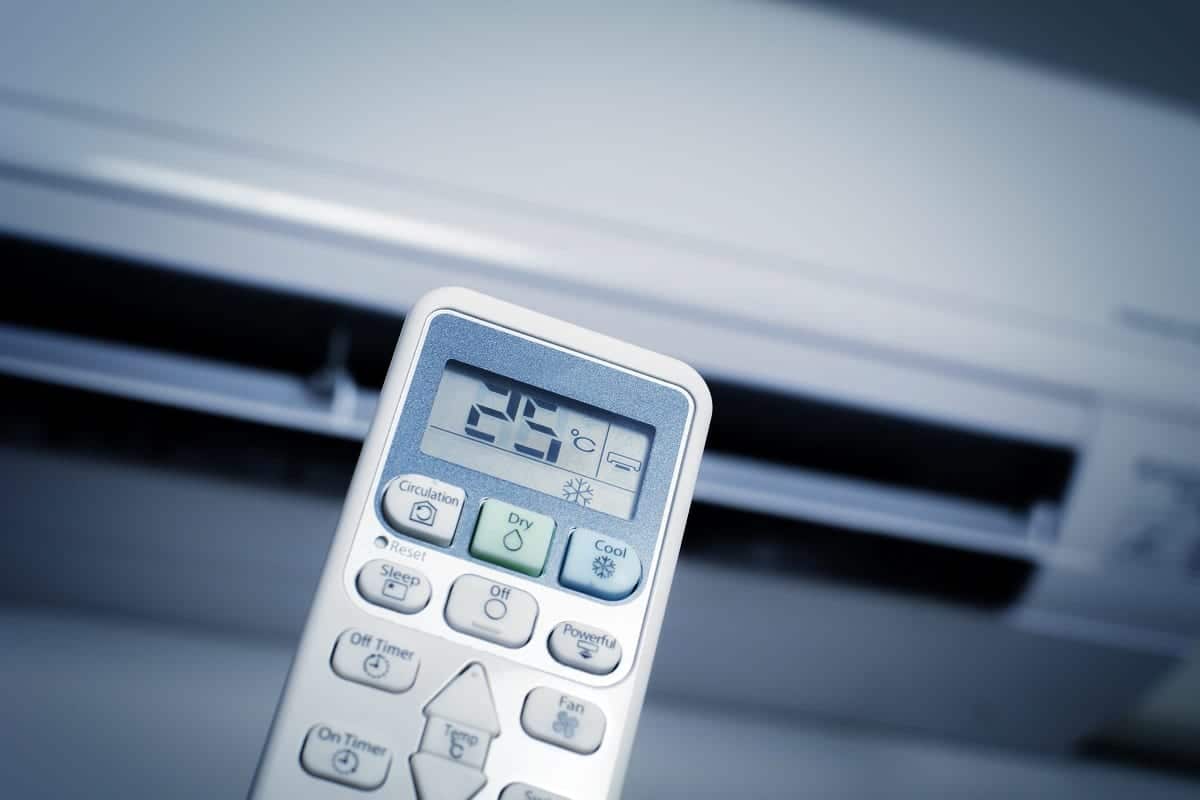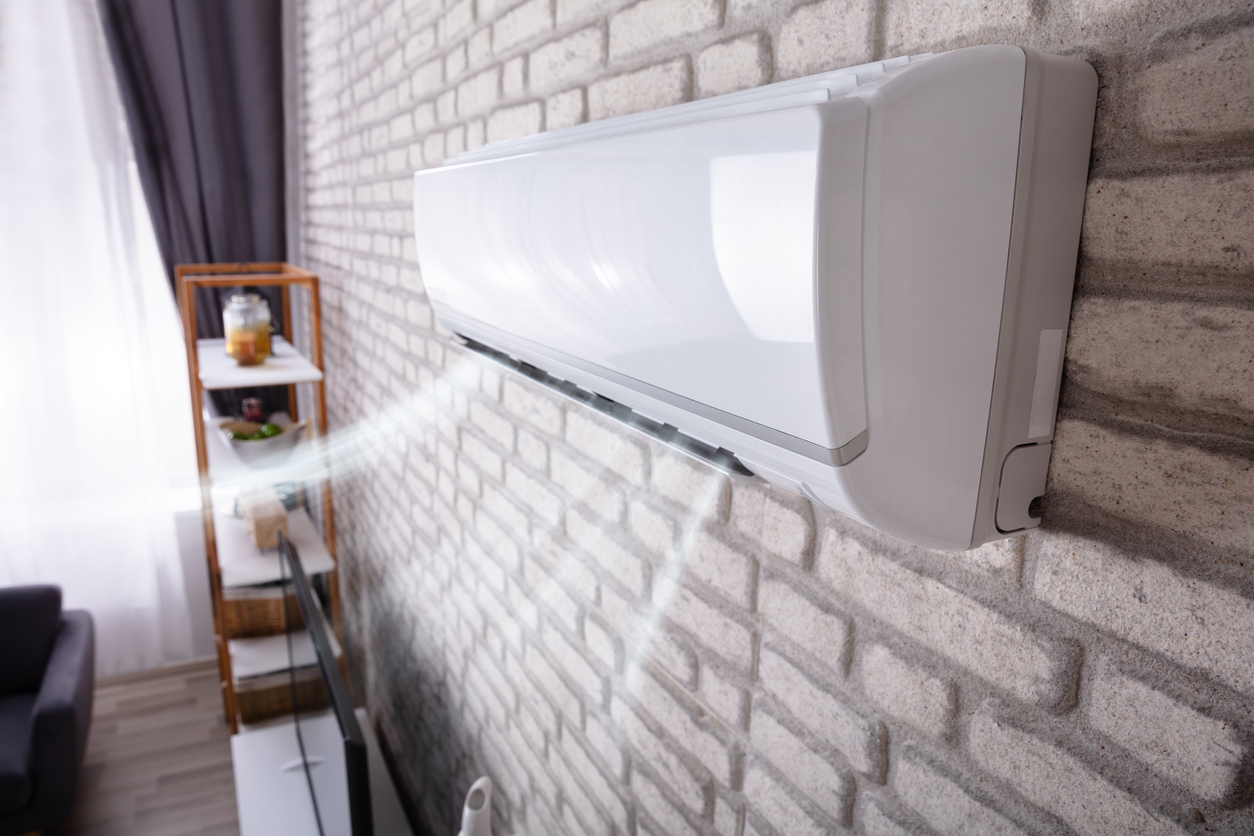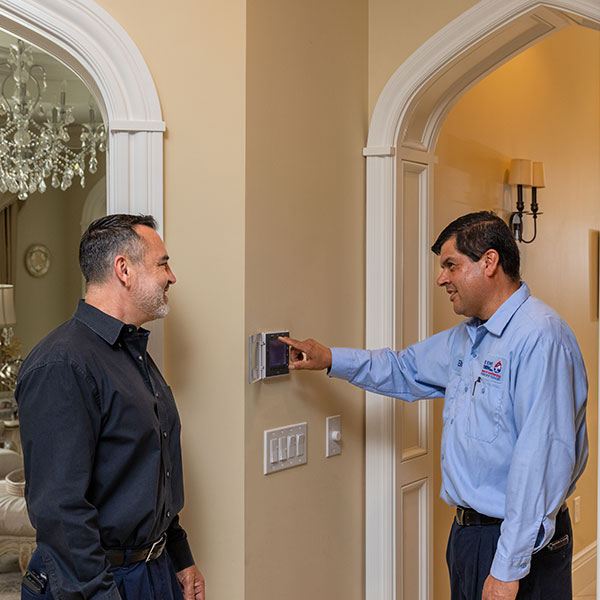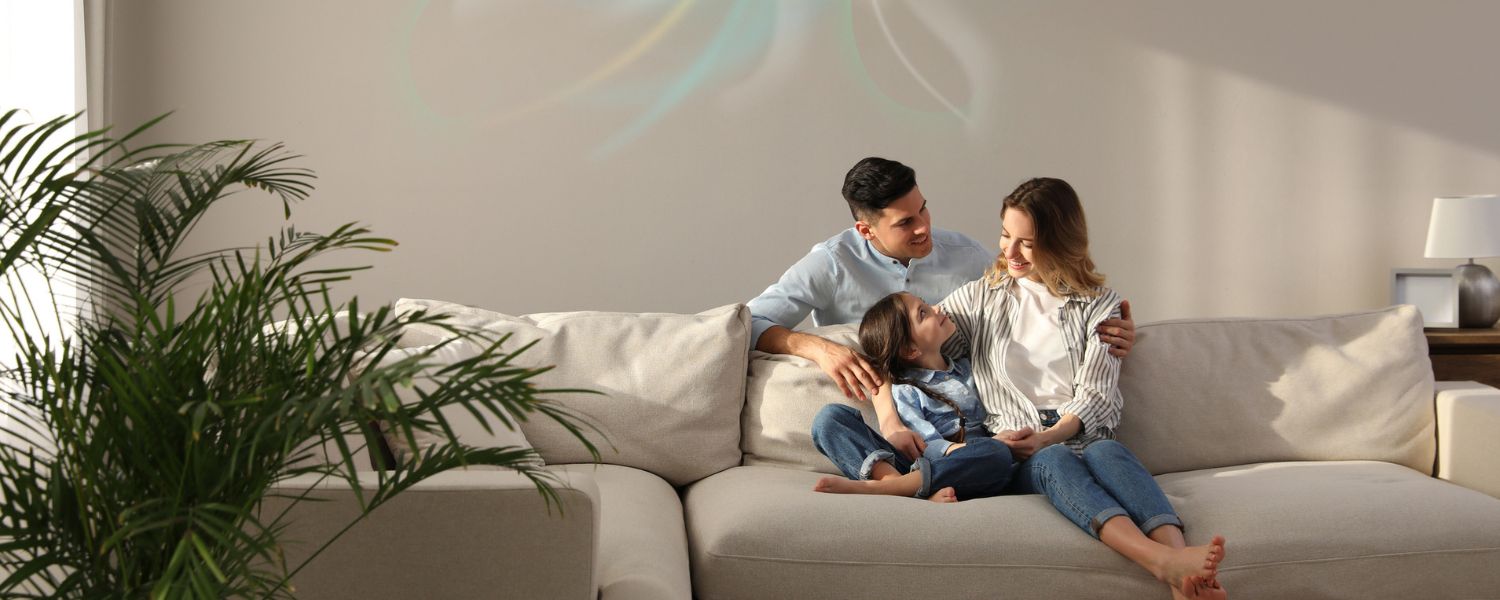In sunny San Diego, there are times when the thermostat goes unused while you are enjoying the year-round, near perfect warm air weather. A few weeks out of the year however, the temperature may rise to triple digits or drop to below the comfortable 72-degrees. Using an air conditioner or heat pump may help with those times, but what exactly differentiates a heat pump from an air conditioner?
How Do Heat Pumps and Air Conditioners Work?
A heat pump and air conditioner are functionally the same and follow four simple steps to cool your home down:
Step 1:
Hot air is drawn from inside your home and blown across a set of indoor evaporator coils where energy from the heat is absorbed by the refrigerant. The cooled down air is then blown throughout the home’s ducts. The heat absorbed by the liquid refrigerant causes it to evaporate into its gas form.
Step 2:
The refrigerant gas now moves through a compressor and is pressurized. By pressurizing it, the gas heats up and moves to the coil located in the outdoor unit.
Step 3:
In the outdoor unit, a fan moves air from the outside across condenser coils. Since the outside air is cooler than the warm air, compressed gas refrigerant previously pulled from inside the home, heat is moved from the refrigerant to the outdoors. With the refrigerant now cooled, it condenses from a gas back to a liquid. The warm refrigerant then moves back to the expansion valve of the indoor unit.
Step 4:
The expansion valve decreases the pressure of the warm liquid refrigerant and significantly cools it. Once again in a cool liquid state, it is ready to be moved back to the evaporator coils and start the process over again.
Whether it be a heat pump or air conditioner, the process to cool your home remains the same. Energy efficiency and costs to run the system is very similar between air conditioners and heat pump systems.
The main difference between heat pumps and air conditioners is whether or not the system has the ability to heat a home. Air conditioners require a separate system to heat the home, heat pumps utilize a reverse valve to draw heat energy from the outside air and transfer heat back into your home. Heat pumps are not ideal for areas that can drop below freezing temperatures. While an additional electric heater can be added to the indoor unit of a heat pump to help create additional heat when outdoor temperatures are below freezing, it is not very efficient. In regions where the temperature could drop to below freezing temperatures, the addition of a furnace may prove helpful.
Air Conditioner vs. Heat Pump – What’s Best for My Home?
Determining if an air conditioner or a heat pump is better for you can be a bit overwhelming. A factory-certified Bill Howe technician can help with that decision and put your mind at ease. Besides referring your questions to a Bill Howe expert, a few things to consider when weighing the options of installing a heat pump versus an AC unit are:
-
Cost of Purchase and Install
The heat pump indoor system has a lower cost, but the outdoor unit may have a higher installation cost compared to an air conditioner. While this may be the case, it is important to consider the the cooling and heating costs costs needed to adjust your home’s temperature to your comfort level. A heat pump can be used to heat and cool your home while an air conditioner can only cool your home.
-
Energy Efficiency
When being used to cool your home, air conditioners and heat pumps use about the same amount of energy. Both utilize Seasonal Energy Efficiency Ration or SEER ratings when calculating energy efficiency. Much like MPG for a car, SEER ratings can help you determine what is best for you. Unlike heat pumps, air conditioners cannot heat your home and require a furnace to be able to provide heat. Furnaces utilize natural gas, oil or propane which is a more expensive heating fuel source. Since San Diego does not experience below freezing temperatures, a heat pump would eliminate the need for a furnace and potentially help to decrease your energy bills during the cool air months.
-
Longevity
While outside factors certainly play a part in the longevity of your air conditioner or heat pump, air conditioning systems typically last longer than heat pumps. Because unlike an AC unit, heat pumps are used to both cool and heat a home, it is used much more than air conditioning systems and therefore have greater wear and tear. While the shorter lifetime of heat pump systems may be a detriment, it is important to remember that the costs associated with this may be offset by the savings seen with heating your home in the cooler months.
To schedule an appointment to see if air conditioning unit or heat pump is better for your home, San Diego residents please contact us at 1-800- BILL-HOWE (1-800-245-5469).




